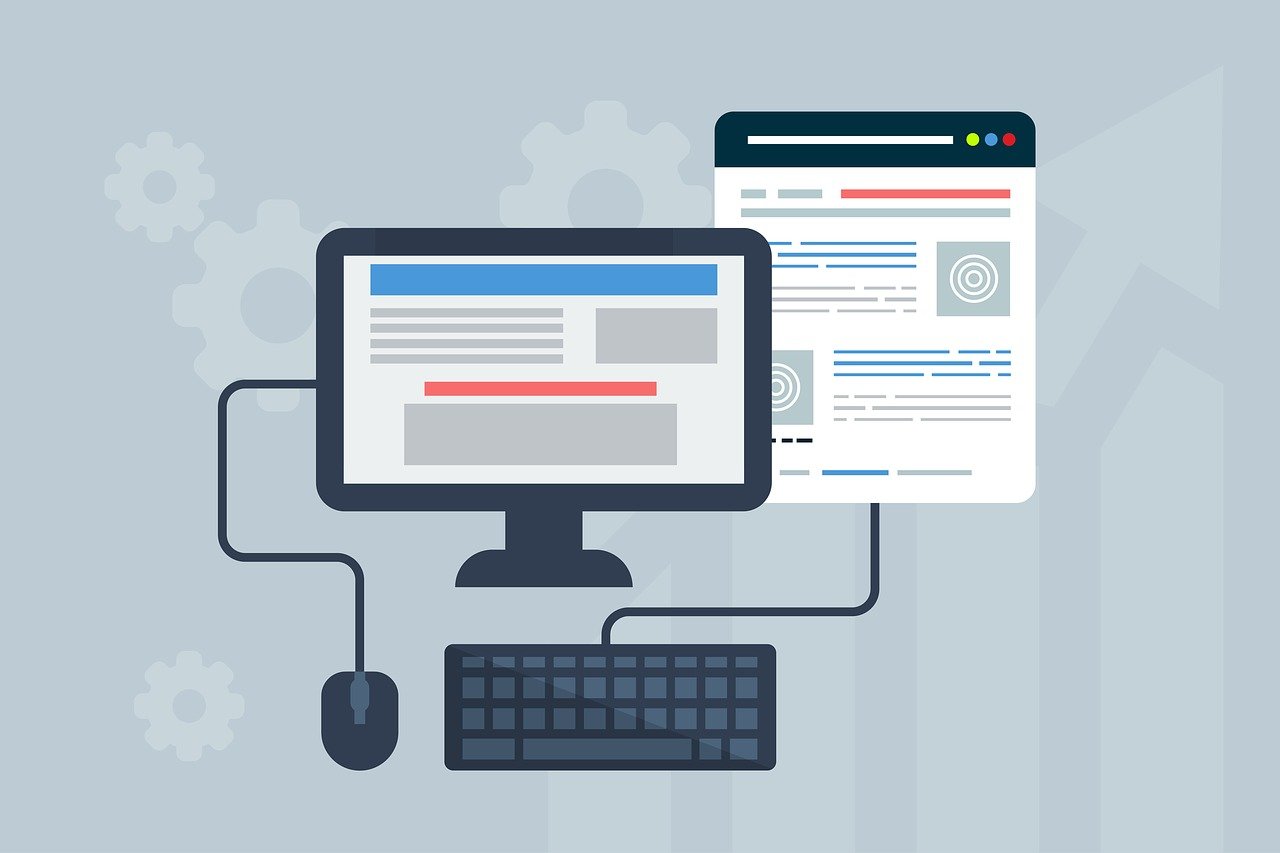Artificial Intelligence (AI) is transforming the way software is developed, offering significant advantages but also introducing new risks. As AI-powered tools become more common, it’s important to understand both sides of the equation.
Advantages of AI in Software Development
- Increased Productivity:
AI can automate repetitive tasks, generate code snippets, and assist with debugging, allowing developers to focus on higher-level problem solving. - Enhanced Code Quality:
AI tools can analyze code for errors, suggest improvements, and enforce best practices, leading to more reliable and maintainable software. - Faster Prototyping:
With AI, teams can quickly build prototypes and iterate on ideas, accelerating the development cycle and reducing time-to-market.
Risks and Concerns
- Over-Reliance on Copy-Paste Coding:
A growing concern is that some developers simply copy and paste AI-generated code without understanding its logic or implications. This can lead to technical debt, security vulnerabilities, and maintenance challenges. - “Vibe Coding” Is Not Scalable:
Relying on intuition or superficial understanding (“vibe coding”) may work for small projects, but it fails in complex, scalable systems. Without a deep grasp of architecture and code quality, projects can become fragile and difficult to maintain. - Security and Privacy Issues:
AI-generated code may inadvertently introduce security flaws or expose sensitive data if not properly reviewed and tested.
Recommendations for Maximizing AI Benefits
- Understand the Code:
Always review and comprehend AI-generated code before integrating it into your project. - Maintain Best Practices:
Use AI as a tool to enhance—not replace—your knowledge of software design, testing, and security. - Continuous Learning:
Stay updated on AI advancements and learn how to leverage them responsibly. - Code Reviews and Testing:
Implement rigorous code reviews and automated testing to catch errors and vulnerabilities early. - Ethical Considerations:
Be mindful of data privacy, licensing, and ethical implications when using AI-generated solutions.
Conclusion
AI offers powerful tools for software development, but its benefits come with responsibilities. By combining AI assistance with strong fundamentals and best practices, developers can create high-quality, secure, and scalable software—ensuring that technology serves as an enabler, not a shortcut.


